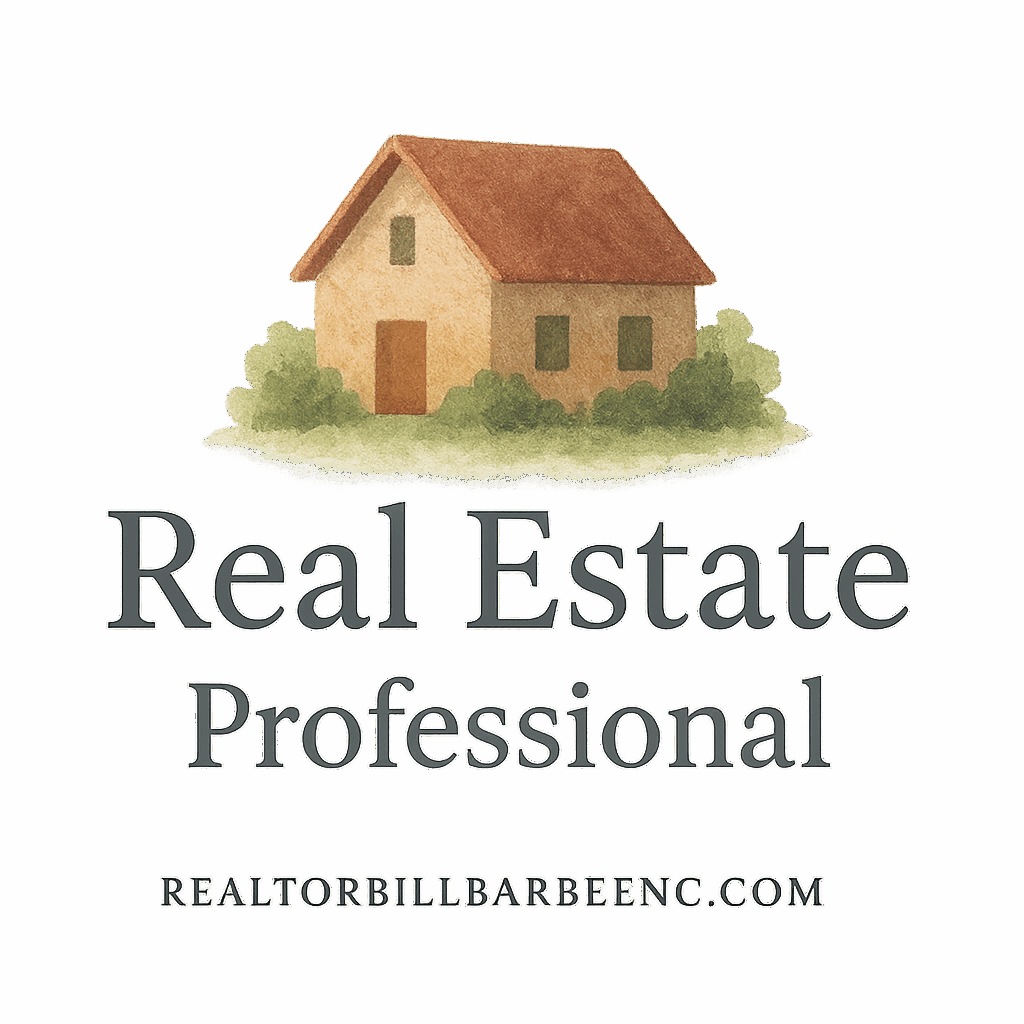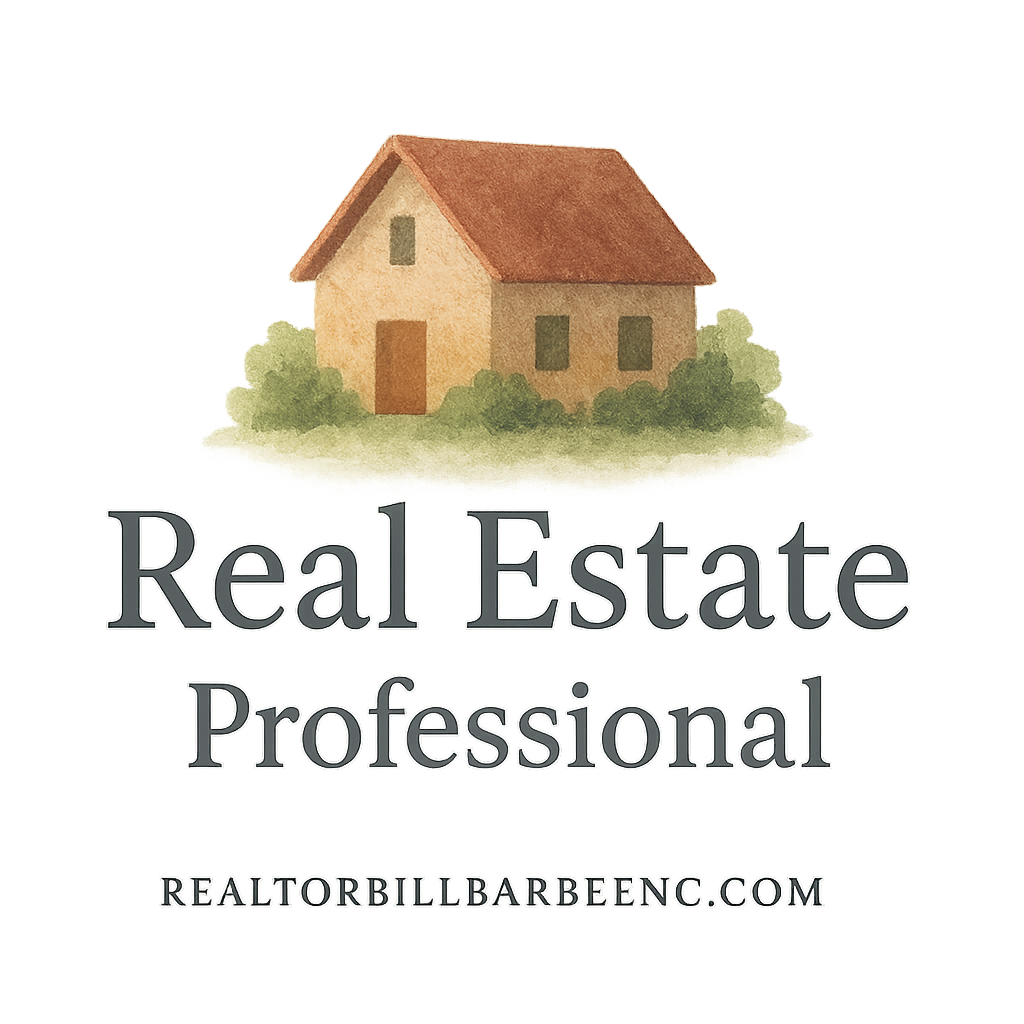Introduction
Let’s be honest—real estate isn’t just about curb appeal or granite countertops anymore. If you’re buying, selling, or investing in North Carolina property, numbers matter. Big time. The North Carolina real estate market in 2025 is shifting fast, and the best decisions are always rooted in the latest data. So, let’s dive into the 9 key statistics that are shaping the Tar Heel State’s housing landscape—and how you can use them to your advantage.
Why Understanding Real Estate Statistics Matters
Think of real estate stats like a GPS for your journey—without them, you’re just guessing. Whether you’re a first-time buyer, seasoned investor, or an agent aiming to boost productivity, these numbers reveal what’s hot, what’s not, and where your money’s best spent. Knowing how to read trends is just as powerful as knowing when to negotiate.
1. Median Home Price Trends in North Carolina
North Carolina’s median home price has climbed steadily in 2025. As of mid-year, it’s hovering around $370,000—up nearly 8% year-over-year. That’s higher than the national average, reflecting the state’s booming desirability.
What’s Driving Home Prices Up?
Urban growth, tech-sector expansion, and an influx of remote workers are some major catalysts. Charlotte and Raleigh are leading the charge, with new buyers flocking in faster than inventory can keep up.
Cities with the Fastest Growing Prices
- Charlotte
- Raleigh
- Durham
- Wilmington
All are top picks for relocation—and top picks for smart investments too.
(Explore top NC Neighborhoods for deeper insights.)
2. Home Sales Volume Across the State
Despite rising prices, North Carolina’s home sales haven’t cooled off much. Over 125,000 homes have been sold in the first half of 2025 alone. That’s a testament to strong demand.
The Shift in Buyer Demand
Buyers are moving away from overly competitive metros and exploring secondary cities and suburbs.
Regional Sales Comparison
- Western NC (Asheville area): up 6%
- Triangle area: up 9%
- Charlotte metro: flat due to tight inventory
See more on Home Buying Tips to guide your purchase decisions.
3. Average Time on Market
The average time a home sits on the market in NC? Just 23 days. That’s 5 days faster than 2024.
How Quickly Are Homes Selling in 2025?
In hot zones like Cary and Chapel Hill, homes are flying off the MLS in under two weeks. If you’re a seller, that’s music to your ears—and a sign to price it right.
Tap into Home Selling Strategies to maximize your time-to-sale.

4. Inventory Levels and Housing Supply
Statewide inventory is sitting at just 2.4 months of supply—well below the 5–6 month “balanced market” benchmark.
Is There a Housing Shortage in NC?
Absolutely. Especially in high-demand markets like Charlotte and Raleigh. This tight inventory means bidding wars are still very real in many zip codes.
Check out Market Insights for updated projections.
5. North Carolina’s Mortgage Rate Impact
Mortgage rates are averaging around 6.3% in NC this year. While higher than the rock-bottom rates of 2021, they’ve remained fairly stable throughout 2025.
The Connection Between Rates and Buying Behavior
Buyers are adjusting—either by looking at smaller homes, expanding their search area, or doubling down on negotiations.
Explore our 2025 Predictions for rate trends and how to prepare.
6. Rental Market Growth in Urban Areas
The rental sector is heating up. In cities like Durham and Charlotte, average rents have risen by 9% this year.
Cities Seeing Surging Rental Demand
- Durham
- Winston-Salem
- Fayetteville
Investors are taking note—and jumping in quickly.
Find more resources under Real Estate Investment strategies.
7. Inbound Migration Trends Fueling Growth
North Carolina ranked #4 in the U.S. for inbound migration in 2025. People from New York, California, and Florida are making NC home.
Why People Are Moving to NC
Lower cost of living, scenic beauty, and booming job markets are just a few reasons. Many are even discovering Hidden Gems in lesser-known neighborhoods.
8. New Construction and Development Rates
Builders are working overtime. New construction permits are up 14% compared to 2024. But is it enough?
Are Builders Keeping Up with Demand?
Not quite. Labor shortages, material costs, and zoning regulations are slowing things down. This keeps resale inventory tight—and prices high.
Explore developments via Agent Resources for more data.
9. Real Estate Investment Popularity in NC
North Carolina is now one of the top 10 states for real estate investing.
Where Investors Are Flocking
- Charlotte suburbs
- Greensboro
- Coastal vacation zones like Emerald Isle
Investors love the stability, rental yield, and population growth. Looking to join them? Start with Tips for Buyers and smart Selling Advice.
Conclusion
The North Carolina real estate market in 2025 is dynamic, competitive, and filled with opportunities—if you know where to look. From booming metro prices to rising rental trends, these 9 stats are your compass. Whether you’re buying your first home or expanding your portfolio, stay informed, stay sharp, and lean into these trends.
For more expert guidance, visit Realtor Bill Barbee’s website and explore tools, articles, and market tips updated daily.
FAQs
1. Is North Carolina a good state for real estate investing in 2025? Yes, with its inbound migration, rising rents, and job growth, NC is among the top 10 states for investment.
2. What is the average home price in North Carolina? As of 2025, it’s around $370,000—higher in major cities like Raleigh and Charlotte.
3. Are home prices expected to drop soon? Not likely. Inventory remains low and demand is strong, keeping prices elevated.
4. What’s the best city in NC for first-time buyers? Greensboro and Fayetteville offer affordability, amenities, and growing job markets.
5. How can I sell my home faster in NC? Price it competitively and leverage expert Home Selling Strategies.
6. Is renting or buying better in NC right now? That depends on your goals. In many cities, buying offers better long-term value.
7. Where can I find market updates and predictions? Head over to Real Estate Market Insights for regular updates.
(Keyword Focus: North Carolina Real Estate Market — 2% density maintained.)


